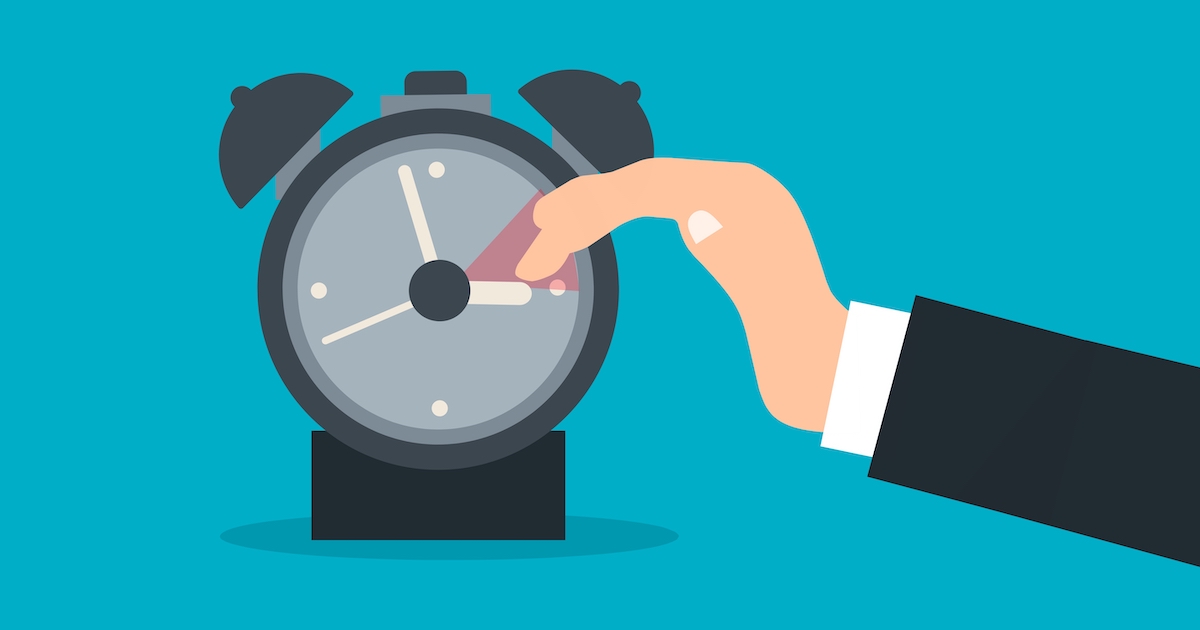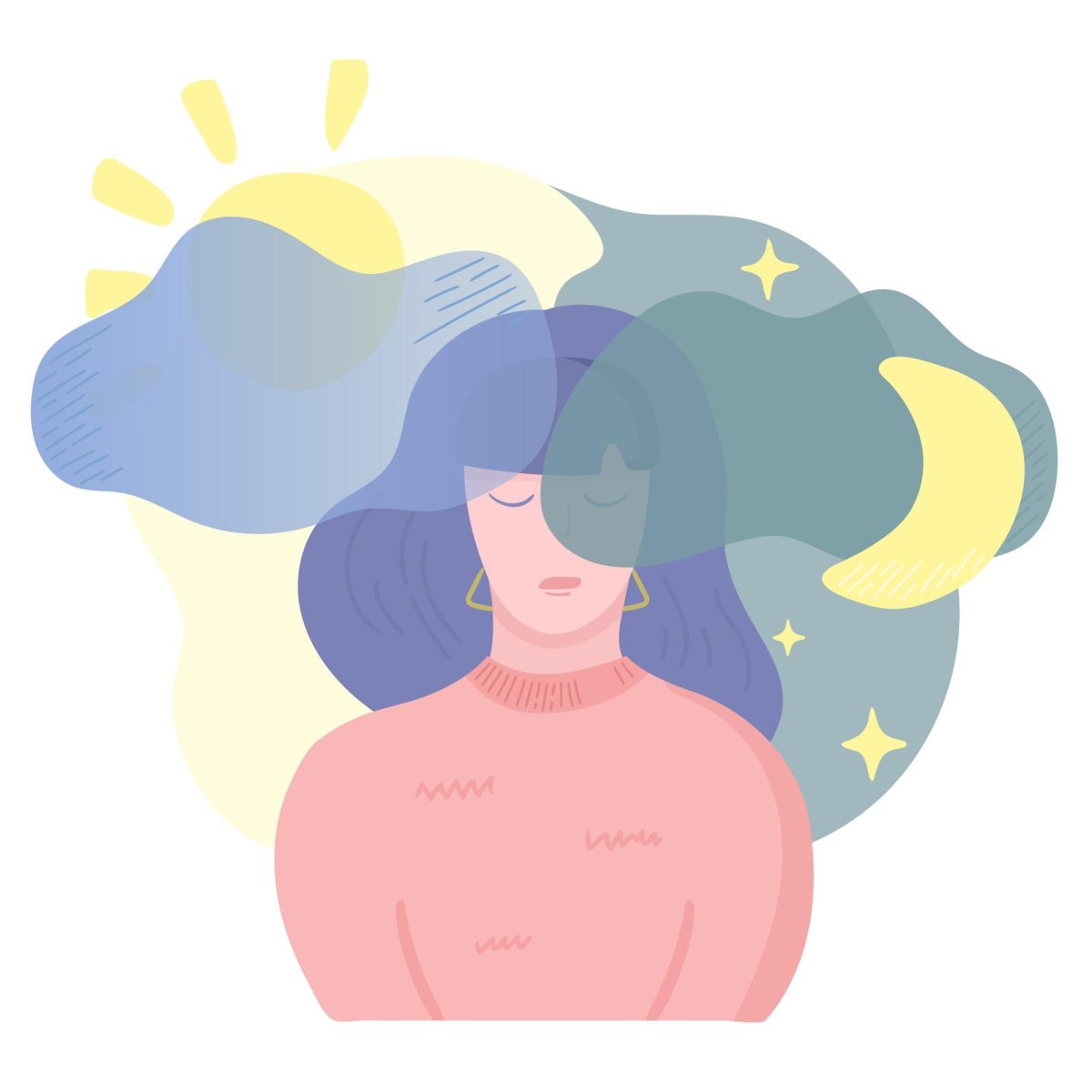Will this Daylight-Savings Become Permanent? PLUS Some Tips on How to Adjust to the Change!
March 6, 2023
The Sunshine Protection Act is a proposed U.S. law that would make daylight-saving time permanent; the time would no longer change twice a year, we would be permanently living one hour ahead of the sun. Although the bill passed by the Senate, it ended without the House of Representatives voting on it.

People created much debate over the bill, discussing concerns with its effects on human health, accidents in traffic, and whether more sunlight in the morning or the evening would be the most beneficial. They have mentioned issues connected to the body’s circadian rhythm, the body’s clock following natural light and not a clock on a wall, and its effects on mental illnesses such as depression.
People have also argued that students end up going to school while it is still dark in the mornings which can lead to dangerous consequences. Additionally, since we are losing one hour, sleep-deprivation in students, especially those in high school, can worsen which in turn results to poor academic performance.
In order to avoid the effects of setting clocks forward one hour, here are some tips to survive daylight-savings on March 12th:
- Shift your bedtime and what time you wake up in the mornings by 15 minutes and gradually increase it in
 nights leading up to daylight-saving time
nights leading up to daylight-saving time - Although the time changes, strive to get the same amount of sleep you usually get; you must go to bed an hour earlier the night before DST
- Avoid evening activities that will make falling asleep difficult the night when the time changes
- Get appropriate exposure to sunlight
- Take a nap to recover the hours you’ve lost
The transition between DST and Standard Time results to darker mornings and more light in the evenings. This can leave you feeling tired in the morning and alert in the evening, so be prepared for a more than usual tiredness the first day of the time change! Stay positive because this daylight-savings just means that spring and summer are near!



















